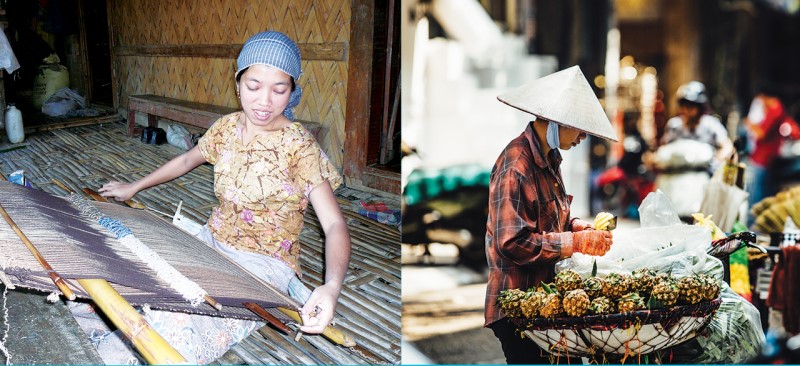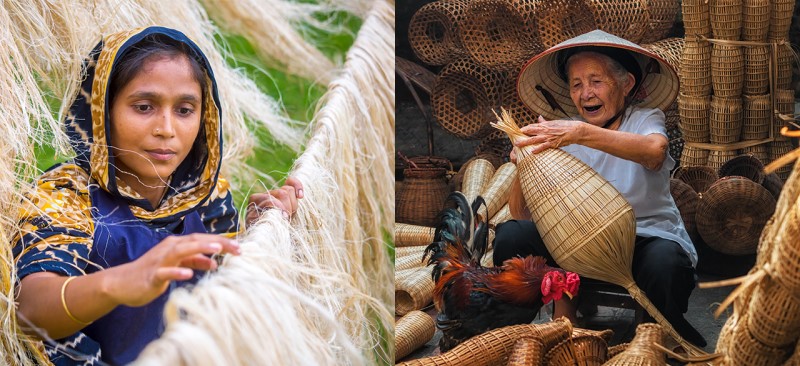Sunil Bhat
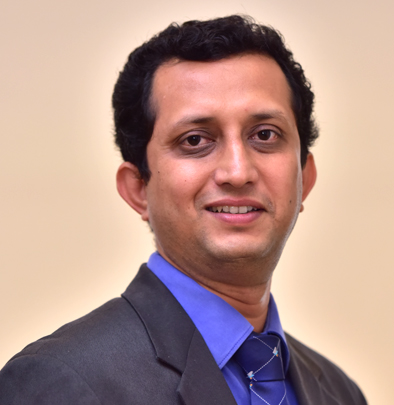
Sunil Bhat
PartnerSunil Bhat is a Partner in MicroSave’s Digital Financial Services- Payments & Distribution Domain. He is a financial sector consultant with over eight years of experience in advising more than 40 financial institutions in India, Bangladesh, Indonesia, Sri Lanka, Nepal, Malawi, Liberia, Democratic Republic of Congo, Vietnam and the Philippines.
Sunil has an MBA from Narsee Monjee Institute of Management Studies in Mumbai and a B.Tech from the National Institute of Technology in Calicut. His areas of expertise include risk management in DFS agent networks, process re-engineering, strategic business planning, financial analysis, microfinance, responsible finance, and agent network strengthening and product development.
Posts by Sunil Bhat
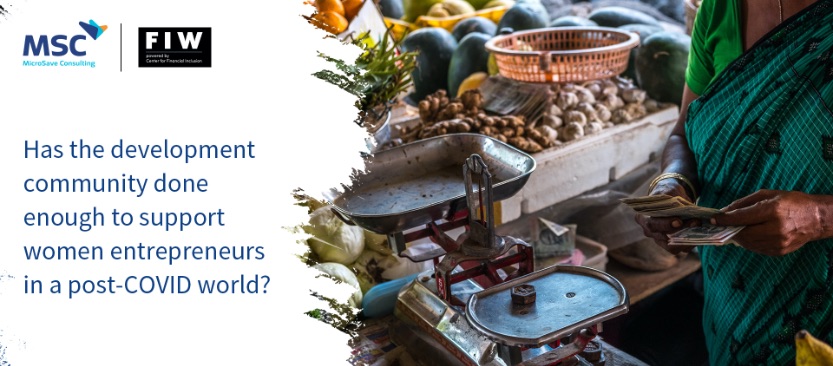 Video
Video
Sunil Bhat, Suyesha Sthapit and Hien Tu
Has the development community done enough to support women entrepreneurs in a post-COVID world?
 Blog
Blog
Sunil Bhat, Manali Jain, Vishes Jena and Aakash Agarwal
How can FinTech TSPs support microfinance institutions to get on board the DEPA ecosystem?
 Blog
Blog
Sunil Bhat, Manali Jain and Vishes Jena
What holds back microfinance institutions from adopting the DEPA framework?
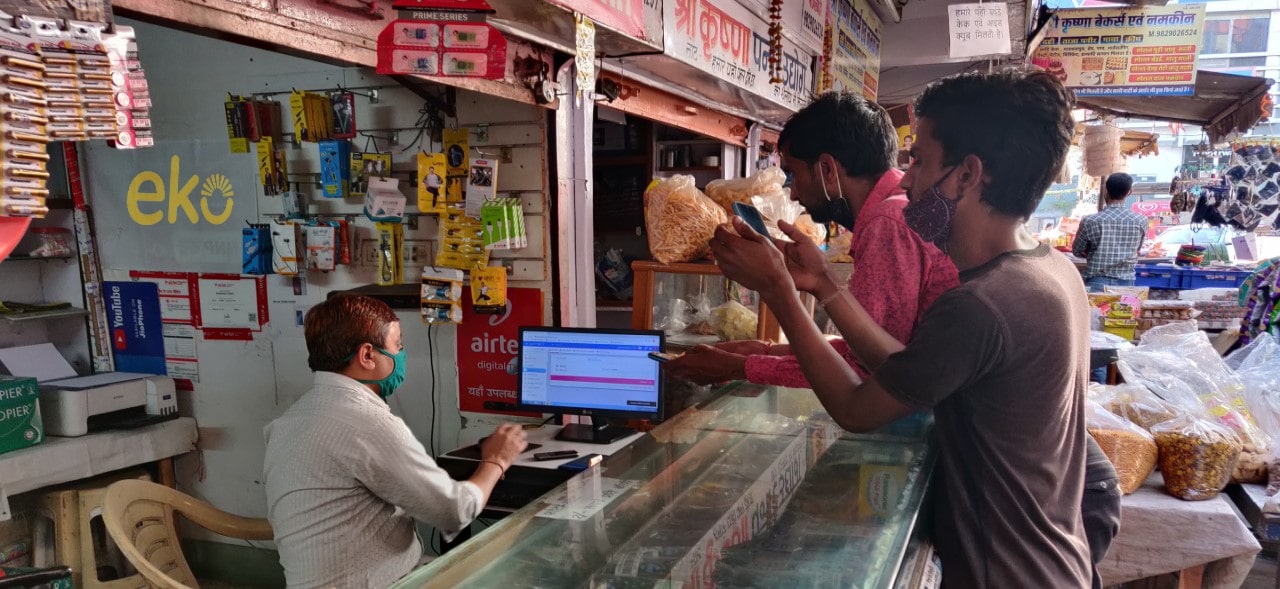 Presentation
Presentation
Disha Bhavnani, Manali Jain and Sunil Bhat
